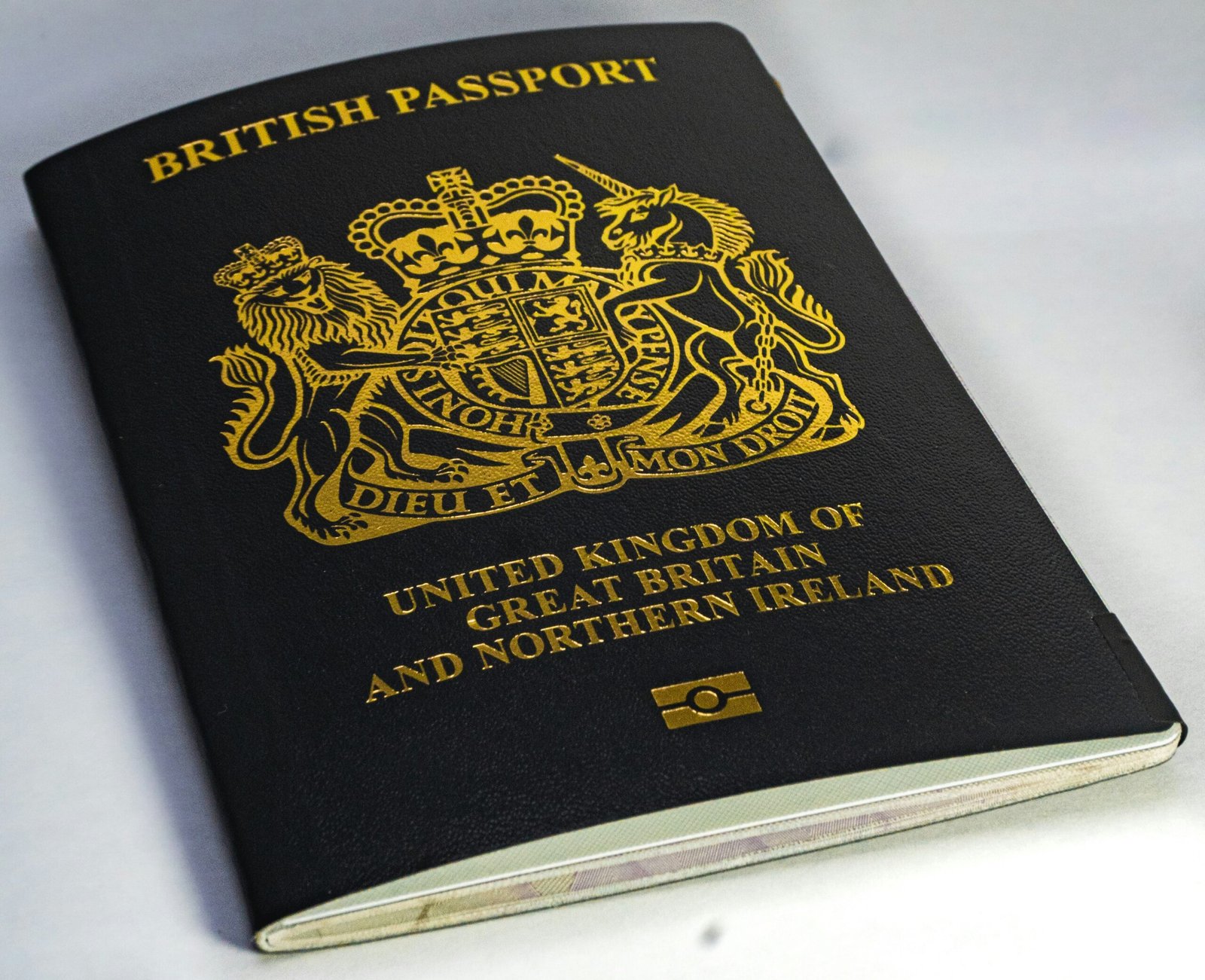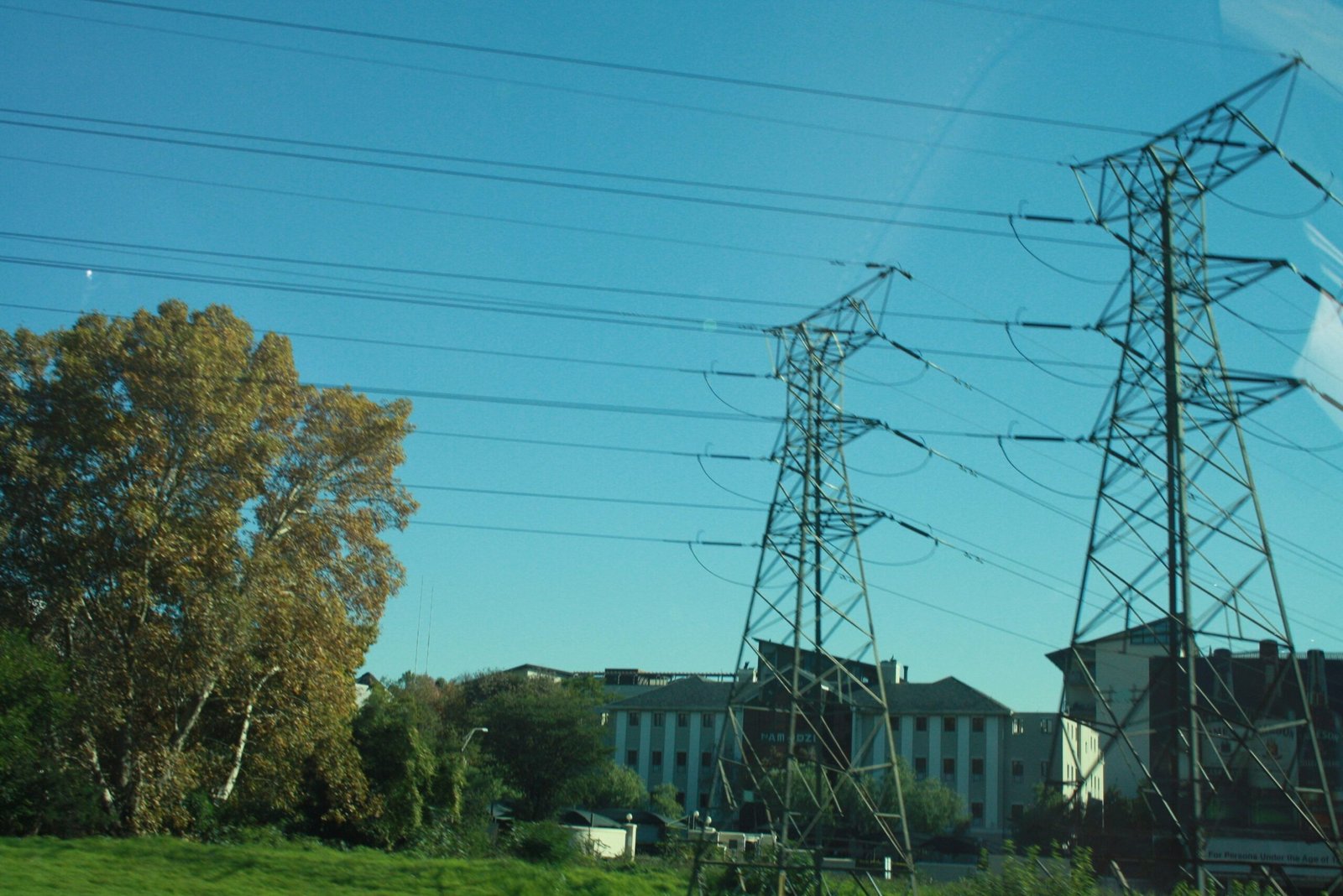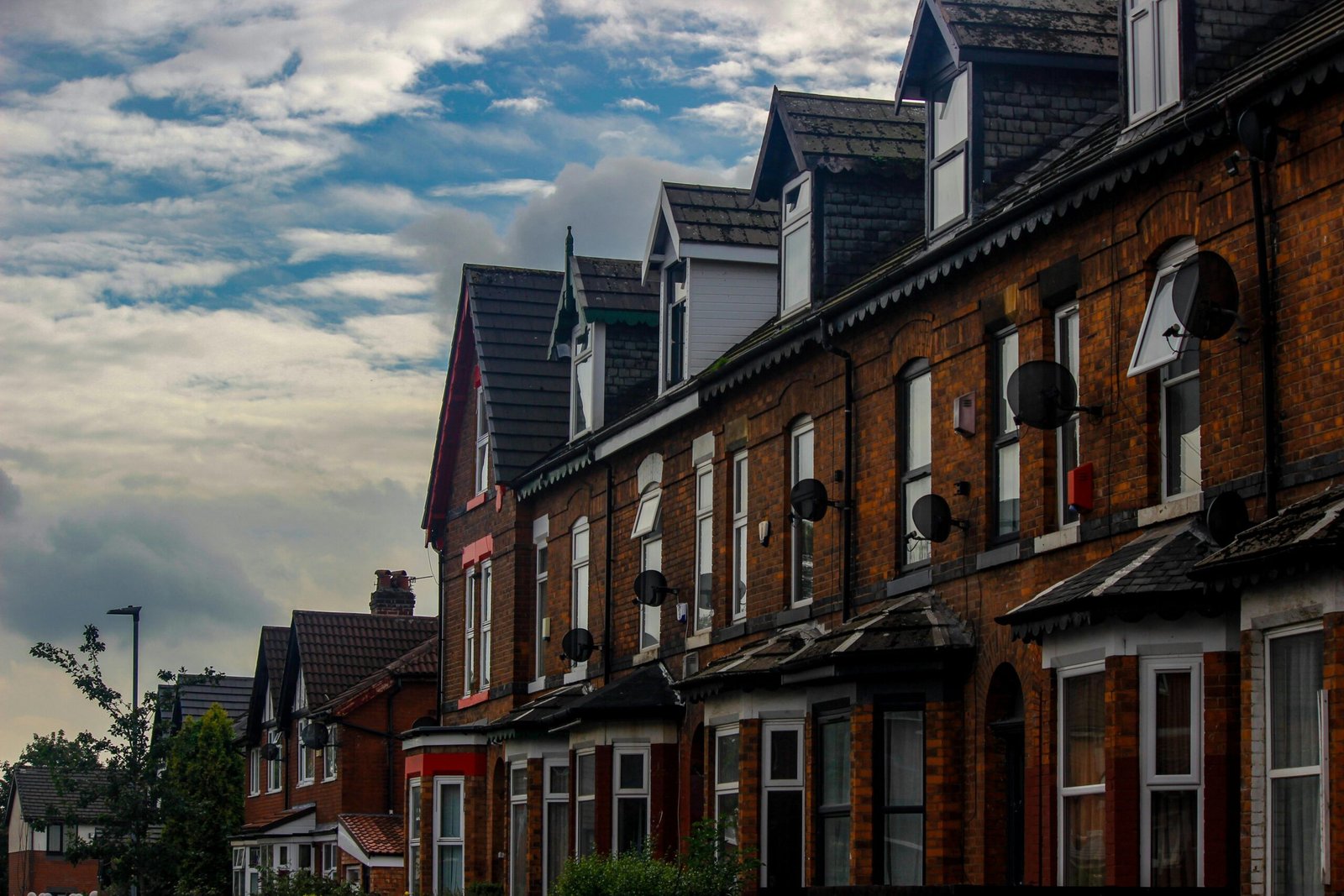If there’s one thing that unites almost every household in the UK, it’s that collective sigh when the energy bill(electricity and gas) drops through the letterbox (or lands in your inbox!). The cost of keeping our homes warm, lit, and powered has been a real talking point in recent years, and it’s something everyone wants to understand better.
So, let’s break down the burning question: what’s the average cost of electricity and gas in the UK right now? And more importantly, what can you do to keep those numbers in check?
Understanding the Energy Price Cap (It’s Not a Limit on Your Bill!)
First things first, you’ll hear a lot about the Energy Price Cap. This isn’t a cap on your total bill, but rather a maximum unit rate that energy suppliers can charge for each unit (kWh) of electricity and gas, plus a daily standing charge. Ofgem, the energy regulator, reviews and updates this cap every three months.
Important Note: The figures below are based on the current Price Cap rates as of April to June 2025. These are subject to change, so always check the latest Ofgem announcements for the most up-to-date figures!
The Average UK Energy Bill: What a “Typical” Household Pays
Ofgem defines a “typical” household as one using 2,700 kWh of electricity and 11,500 kWh of gas per year. This usually corresponds to a 2-3 bedroom house with 2-3 occupants.
Based on the April to June 2025 Price Cap rates (for direct debit customers):
- Average Electricity Unit Rate: Around 27.03 pence per kWh
- Average Electricity Standing Charge: Around 53.80 pence per day
- Average Gas Unit Rate: Around 6.99 pence per kWh
- Average Gas Standing Charge: Around 32.67 pence per day
Putting it all together, for a typical household paying by Direct Debit:
- Average Monthly Electricity Bill: Approximately £72 – £75
- Average Monthly Gas Bill: Approximately £65 – £70
This means the average combined dual-fuel bill for a typical UK household on a standard variable tariff is currently around £140 – £145 per month, or roughly £1,700 – £1,750 per year.
Remember: These are averages! Your actual bill will depend on several factors.
What Impacts Your Energy Bill? (It’s Not Just About the Averages!)
While averages give us a good benchmark, your personal energy bill can be significantly higher or lower due to:
-
Household Size and Property Type:
- Flats/1-bed houses (low usage): Generally, lower bills.
- 2-3 bed houses (medium usage): Match the “typical” average.
- 4+ bed houses (high usage): Expect much higher bills due to more space to heat and more appliances.
- Older, less insulated properties will naturally cost more to heat.
-
Energy Usage Habits:
- How often you use heating and hot water: This is a huge factor, especially for gas bills in colder months.
- Number of appliances and how long they’re on: Tumble dryers, dishwashers, and electric showers are significant electricity users.
- Thermostat settings: Even a one-degree difference can impact your heating costs.
-
Appliance Efficiency:
- Newer, A-rated appliances consume less energy than older models.
-
Insulation and Draughts:
- A well-insulated home (loft insulation, cavity wall insulation, double glazing) will retain heat better, reducing the need for heating. Draughts under doors or around windows can significantly increase heat loss.
-
Payment Method:
- Paying by Direct Debit is usually slightly cheaper per unit than paying on receipt of a bill or using a prepayment meter.
-
Location (Minor Differences):
- While the national price cap applies, there can be very slight regional variations in unit rates and standing charges across England, Scotland, and Wales.
How to Take Control of Your Energy Bills!
Feeling a bit overwhelmed? Don’t worry! Here are some practical steps you can take to try and reduce your electricity and gas costs:
- Monitor Your Usage: Get a smart meter if you don’t have one. Seeing your energy consumption in real-time can be a powerful motivator to use less.
- Be Heating Smart:
- Lower your thermostat: Even a 1-degree reduction can save money. Aim for around 18-21°C.
- Use a timer: Heat your home only when you need it, rather than all day.
- Zone heating: Only heat the rooms you’re using.
- Bleed radiators: Ensure they’re heating efficiently.
- Tackle Draughts: Simple fixes like draught excluders for doors and windows can make a big difference.
- Insulate!
- Check your loft insulation.
- Consider cavity wall insulation if your home doesn’t have it.
- Wash Smarter:
- Use your washing machine and dishwasher on lower temperature settings (e.g., 30°C).
- Only run them when they’re full.
- Hang clothes to dry where possible instead of using a tumble dryer.
- Switch Off Standby: “Phantom load” from appliances left on standby can add up. Unplug chargers and turn off electronics at the wall.
- Embrace LED Lighting: Replace old incandescent or halogen bulbs with energy-efficient LEDs.
- Compare Tariffs (When Fixes Return): While fixed tariffs have been scarce, keep an eye on the market. Once competitive fixed deals return, comparing prices across different suppliers could save you money.
- Energy Efficiency Grants: Check if you’re eligible for any government grants or schemes for energy-saving home improvements.
Understanding the average cost of electricity and gas is the first step. The real power, however, lies in knowing what affects your bill and taking proactive steps to manage your own energy consumption. Even small changes can add up to significant savings over the year!













Leave a comment